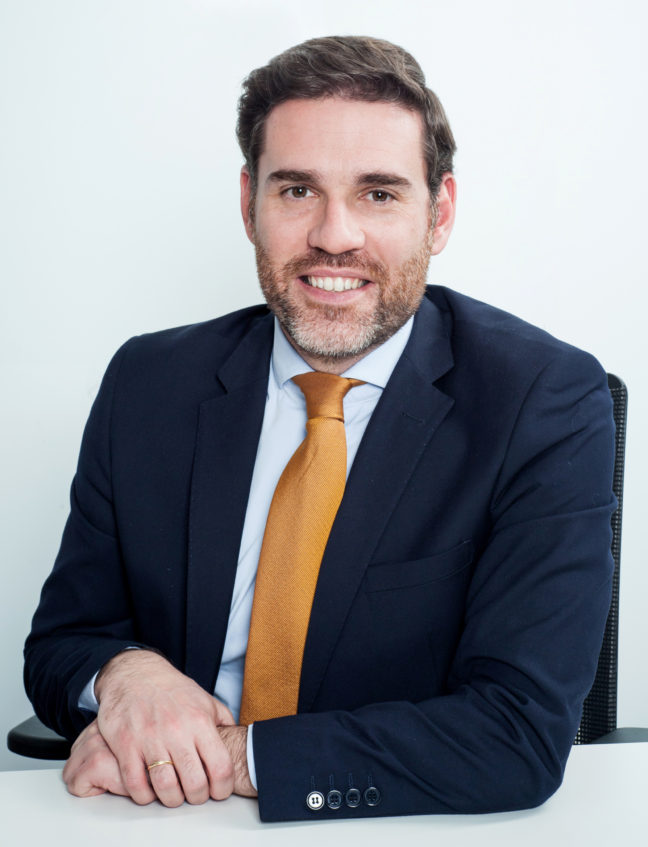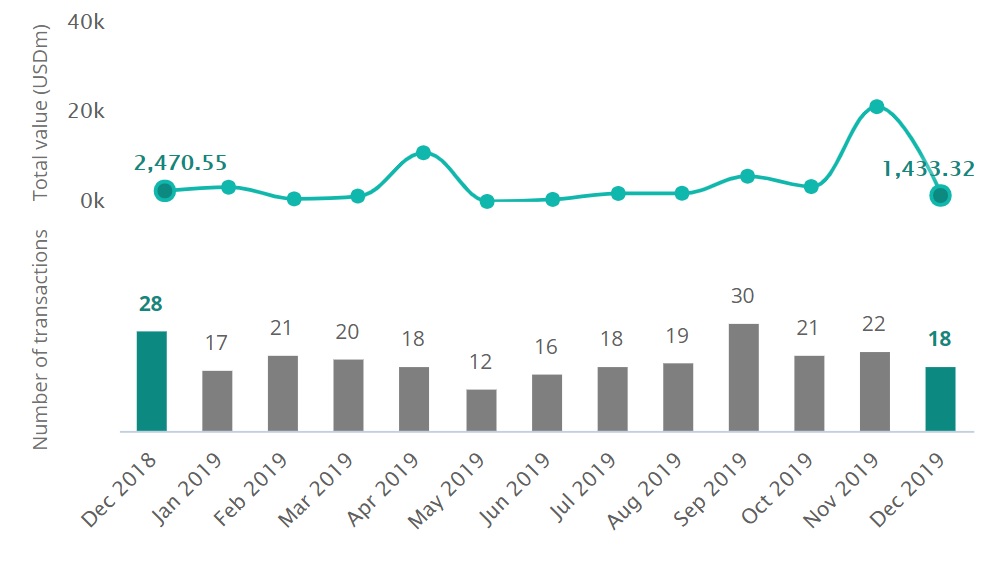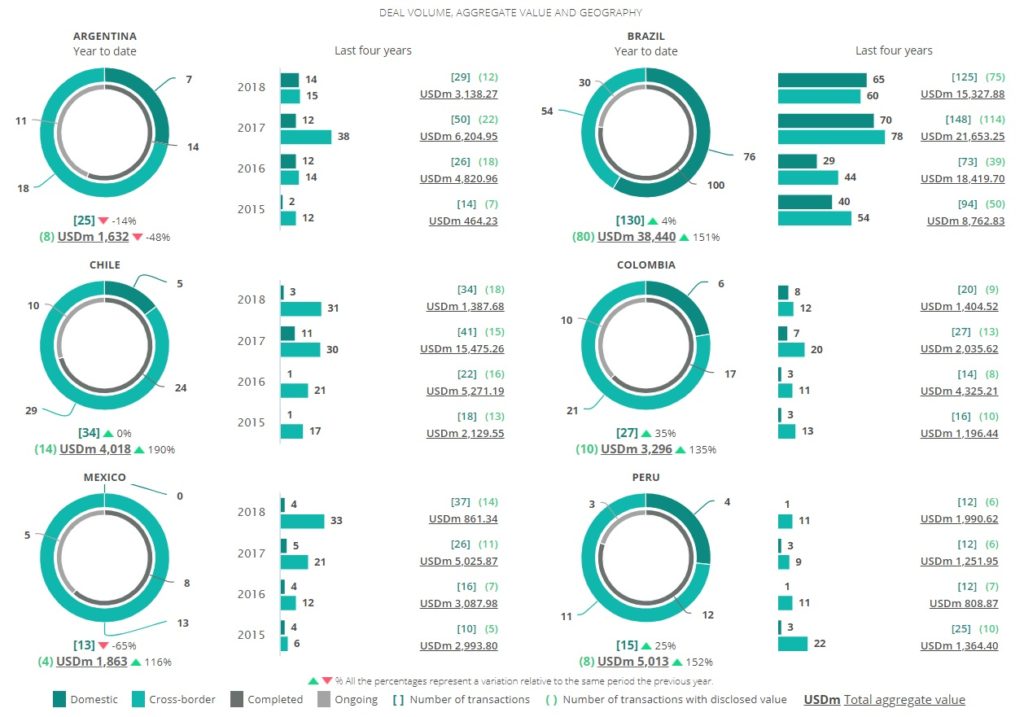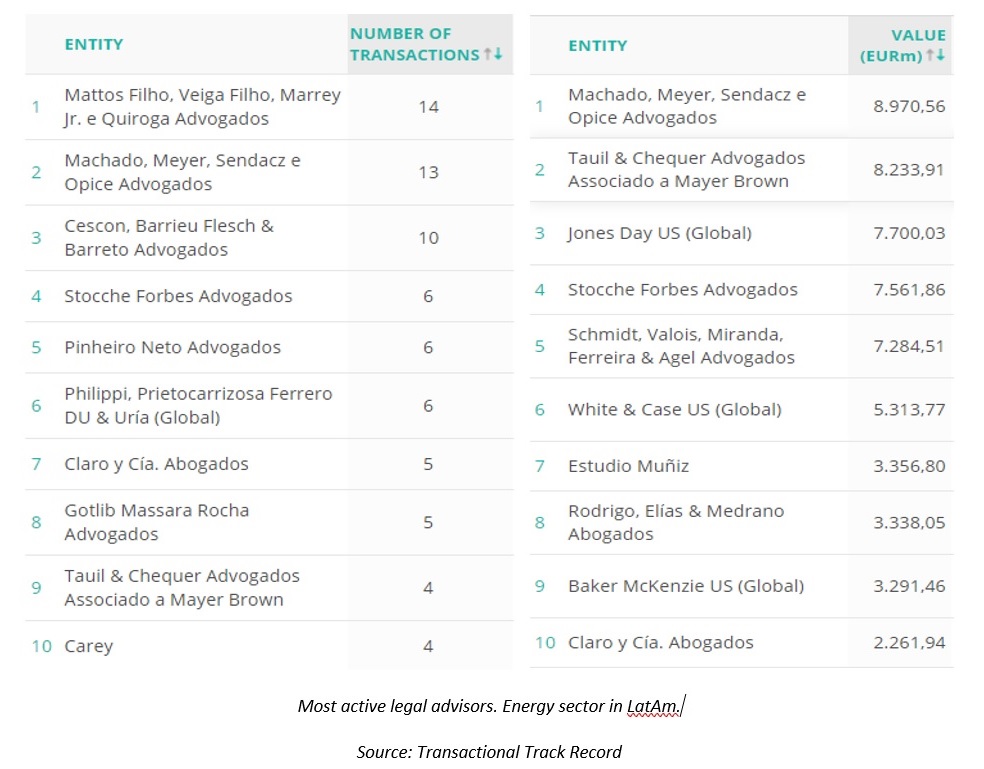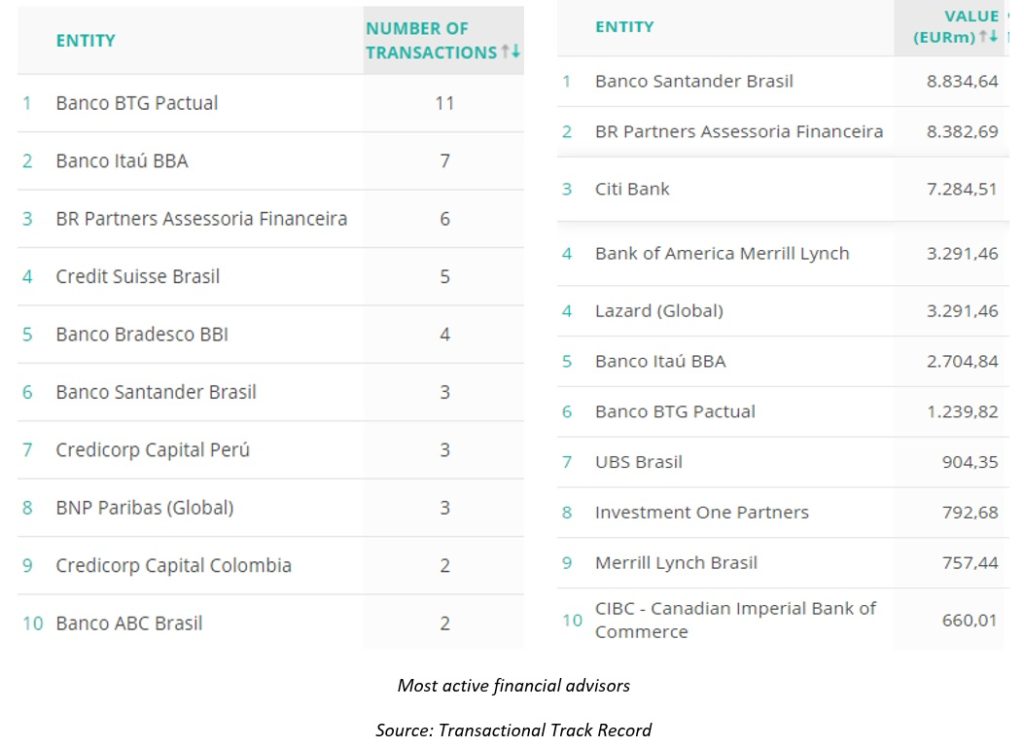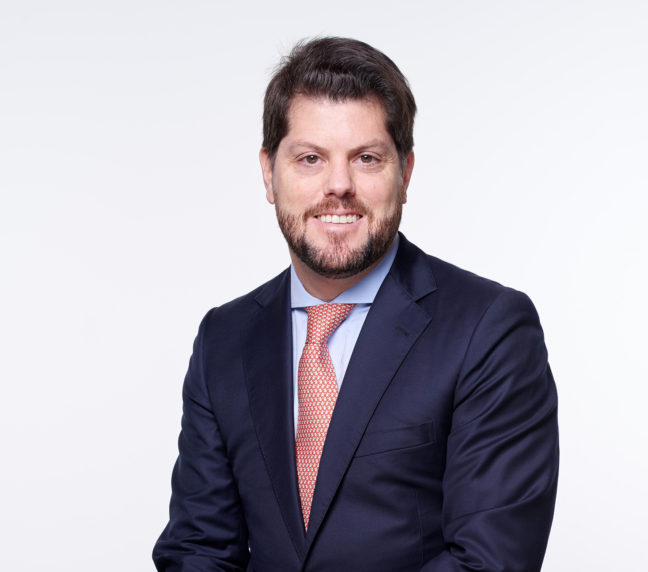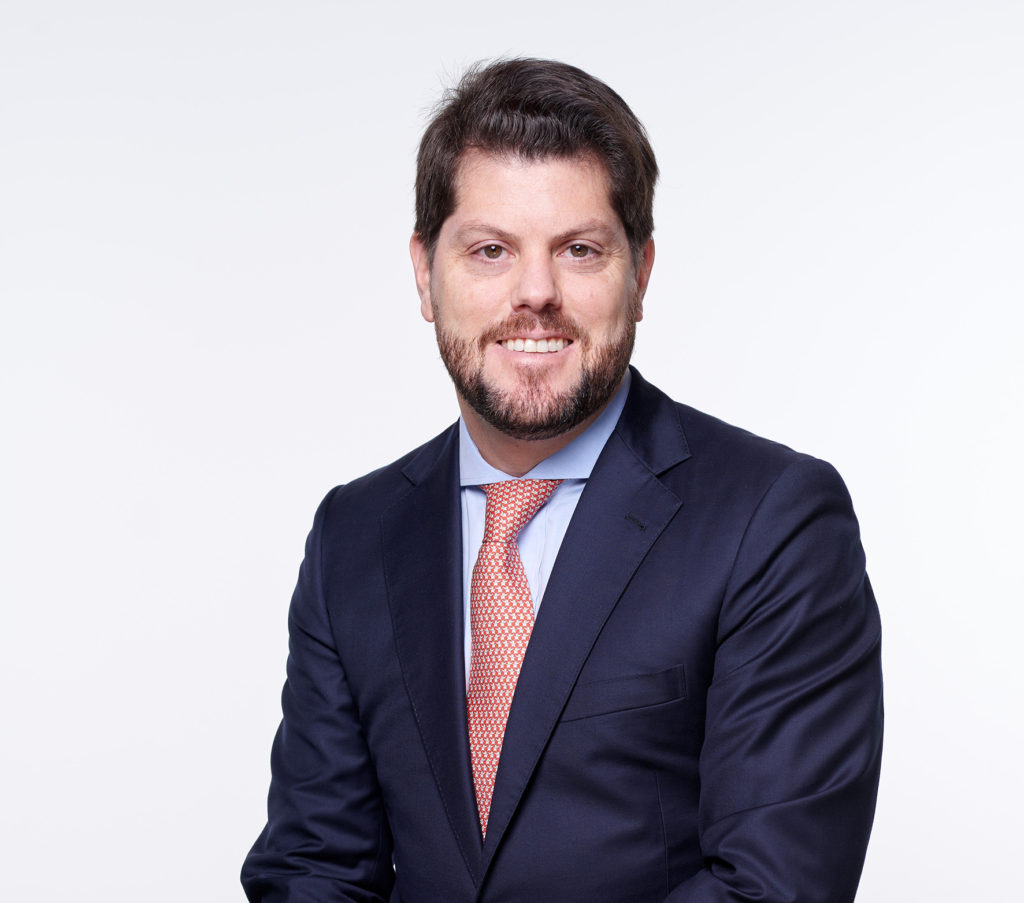TTR DealMaker Q&A with Kreab corporate and financial communications Partner Pablo Zamorano
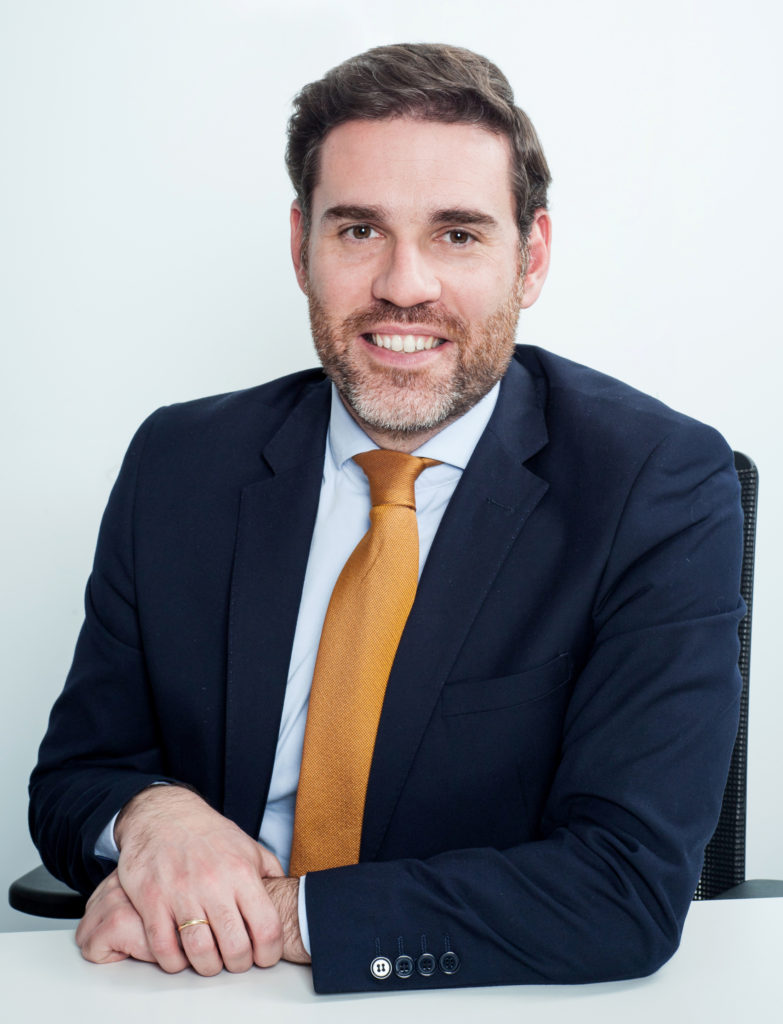
Pablo Zamorano is a partner within the corporate and financial communications departments of Kreab in Spain. He specialises in corporate and financial communication with experience in media and communication strategies (external and internal), as well as in steering committees training. Pablo has 15 years of experience in communication consulting, advising national and international companies from different activity sectors.
_____________________________________________
TTR – How would you describe Spain’s transactional activity at the beginning of 2020? Do you find any differences with regards to 2019?
P. Z. – At Kreab we believe that the mid-market will continue to perform well in Spain in the coming years. This good behaviour will be encouraged both by the attractiveness of the Spanish companies -which have to increase their size to bridge the gap with the European average-, and also because there is a lot of liquidity in the market and financing facilities, both for private capital funds and industrial buyers.
On the other hand, the future of megadeals is always uncertain, as they depend on several factors in order to be closed. In any case, it is well known that there are large international funds with their sights set on Spain that are looking for large companies in which to invest their capital.
TTR – Within the Spanish M&A transaction market, who is the target of a communications consulting firm? What type of corporate transactions usually require the presence of a communications advisor?
P. Z. – As a communications and public affairs consultancy firm, Kreab’s targets are both companies that want to carry out any kind of financial transaction as well as private capital funds. Additionally, many law firms and investment banks are increasingly relying on us to offer an integrated advisory service to their clients. This is because communication has become a strategic factor when closing transactions, both from an external communication point of view -with shareholders, investors, journalists and the market in general- and from an internal communication point of view.
In general, the more complex an operation is and the greater the number of actors involved, the more important it is to use communication as a tool for all stakeholders to know, understand and value the rationale of the deal. Without a doubt, communication is a key element to improving a company’s reputation and perception, helping to send a signal to the market that the asset is for sale or that the sector is booming, thus attracting a greater number of buyers and creating an environment that should have a positive impact on the final price paid for the company. In today’s world, communication adds value to financial transactions.
TTR – Which elements of the communications advisory process do your clients in the M&A sphere value the most? Why?
P. Z. – One of the aspects that Kreab’s M&A clients value the most is our 360° view of how financial transactions are structured. On the one hand, we integrate communication in a global way and we adapt it to all stakeholders, developing not only external but also internal communication techniques (the internal audience is increasingly a key factor in the success of transactions), as well as managing institutional and regulatory issues. In addition, we coordinate with legal and financial advisors as an additional element of the team that contributes to the success of the transaction.
Another aspect that our clients highlight is our experience and knowledge, not only of communication issues but also of financial aspects, which enables us to offer unique, comprehensive and specialized advisory services, which are difficult to find in other communication consultancy firms in the market.
Finally, I would like to emphasize that we have an extensive network of contacts based on trust and professionalism with the key journalists who cover the sector, both nationally and internationally.
TTR – Would you say there is a growing demand for communications consulting services in M&A transactions? Why?
P. Z. – Every year, Kreab advises on an increasingly greater number of M&A transactions, making it the communications consultancy firm that has advised on the highest number of transactions in Spain in recent years. This is because we have clients who have trusted us for more than 15 years and, when they see the positive results of our work, they recommend us in the market. This has enabled us to build a steady portfolio of more than 60 financial communication clients, as well as other clients who hire us for specific projects.
Our vision is that the demand for specialized communication services will continue to grow steadily in a world that is increasingly interconnected and in need of conveying transparency and a sound business practice in a coordinated manner between the different actors and regions involved. In this sense, it is also important to highlight that Kreab has a network of 25 offices worldwide, with a strong presence in Latin America (Colombia, Chile, Ecuador, Peru, Bolivia, among others) and with specialized teams that offer this service on a global basis.
_____________________________________________
Versión en español
_____________________________________________
Pablo Zamorano es partner de comunicación corporativa y financiera de Kreab en España. Está especializado en comunicación corporativa y financiera con experiencia en relación con medios y establecimiento de estrategias proactivas de comunicación para clientes. Cuenta con casi 15 años de experiencia en consultoría de comunicación, asesorando a clientes nacionales y multinacionales de diversos sectores, también del Ibex35 (Telefónica, BBVA, etc.).
_____________________________________________
TTR – ¿Cómo describiría la actividad del mercado transaccional español en el inicio de 2020? ¿Percibe diferencias con 2019?
P. Z. – Lo que creemos desde Kreab es que el mid-market continuará registrando un buen comportamiento en España en los próximos años animado tanto por el atractivo de las empresas, que tienen como tarea pendiente ganar tamaño para acercarse a la media europea, y también porque hay mucha liquidez en el mercado y facilidades de financiación, tanto para los fondos de private equity como para los compradores industriales.
Por otro lado, los megadeals siempre son una incógnita, ya que dependen de varios factores para poder cerrarse. En cualquier caso, es conocido públicamente que existen grandes fondos internacionales con la vista puesta en España que están buscando activos de gran tamaño para invertir su capital.
TTR – Dentro del mercado transaccional español, ¿cuál es el público objetivo de una consultoría de comunicación? ¿Qué tipo de operaciones corporativas suelen requerir la presencia de un asesor de comunicación?
P. Z. – El público objetivo de Kreab como consultora de comunicación y asuntos públicos son tanto compañías que quieran realizar cualquier tipo de operación financiera como los propios fondos de capital privado. Asimismo y cada vez más, muchas firmas de abogados y de banca de inversión confían en nosotros para poder ofrecer un servicio integrado de asesoramiento a sus clientes. Esto se debe a que la comunicación se ha convertido en un factor estratégico a la hora de cerrar operaciones, tanto desde un punto de vista de comunicación externa, con accionistas, inversores, periodistas y el mercado en general, como de comunicación interna.
Por lo general, mientras más compleja es una operación y a medida que existe un mayor número de actores involucrados, más importante es utilizar la comunicación como una herramienta para que todos los stakeholders conozcan, entiendan y valoren el sentido de la operación. Sin duda la comunicación es clave en la mejora de la reputación y la percepción de una empresa, ayudando a lanzar al mercado la señal de que el activo está en venta o que el sector está en auge, atrayendo de esta manera a un mayor número de compradores y generando un entorno que debería repercutir positivamente en el precio final pagado por la compañía. Hoy la comunicación aporta valor a las operaciones financieras.
TTR – ¿Qué elementos del asesoramiento en materia de comunicación valoran más vuestros clientes del mundo M&A? ¿Por qué?
P. Z. – Uno de los aspectos que más valoran los clientes de Kreab de M&A es nuestra visión 360º de cómo se estructuran las operaciones financieras. Por un lado, integramos la comunicación de una manera global y adaptada a todos los stakeholders, tocando no solo la comunicación externa sino también la interna (el público interno cada vez más es un factor clave en el éxito de las transacciones), así como la gestión de las cuestiones más institucionales y regulatorias. Además, nos coordinamos junto a asesores legales y financieros como una pieza más del equipo que contribuye al éxito de la transacción.
Otro aspecto que también destacan nuestros clientes es nuestra experiencia y conocimiento, no solo de temas de comunicación sino también de aspectos financieros, lo que nos permite ofrecer un asesoramiento global y especializado único, difícil de encontrar en otras consultoras de comunicación del mercado.
Por último, destacaría que gozamos de una amplia red de contactos basada en la confianza y la profesionalidad con los periodistas clave que cubren el sector, tanto a nivel nacional como internacional.
TTR – ¿Diría usted que existe una demanda creciente de consultorías de comunicación en operaciones de M&A? ¿Por qué?
P. Z. – En Kreab cada año asesoramos un mayor número de operaciones de M&A, lo que nos posiciona como la consultora de comunicación que más transacciones asesora en España durante los últimos años. Esto se debe a que tenemos clientes en nuestra casa que confían en nosotros desde hace más de 15 años y ellos, a su vez, al ver los resultados positivos de nuestro trabajo nos recomiendan en el mercado, lo que nos ha permitido construir una cartera fija de más de 60 clientes de comunicación financiera, así como otros clientes que nos contratan para proyectos puntuales.
Nuestra visión es que la demanda por servicios de comunicación especializados seguirá creciendo de forma sostenida en un mundo que se encuentra cada vez más interconectado y necesitado de transmitir transparencia y solidez de una manera coordinada entre los diferentes actores e incluso regiones que intervienen. En este sentido, también es importante destacar que Kreab cuenta con una red de 25 oficinas en todo el mundo, con una fuerte presencia en Latinoamérica (Colombia, Chile, Ecuador, Perú, Bolivia, entre otros) y con equipos especializados que ofrecen este servicio de manera global.
